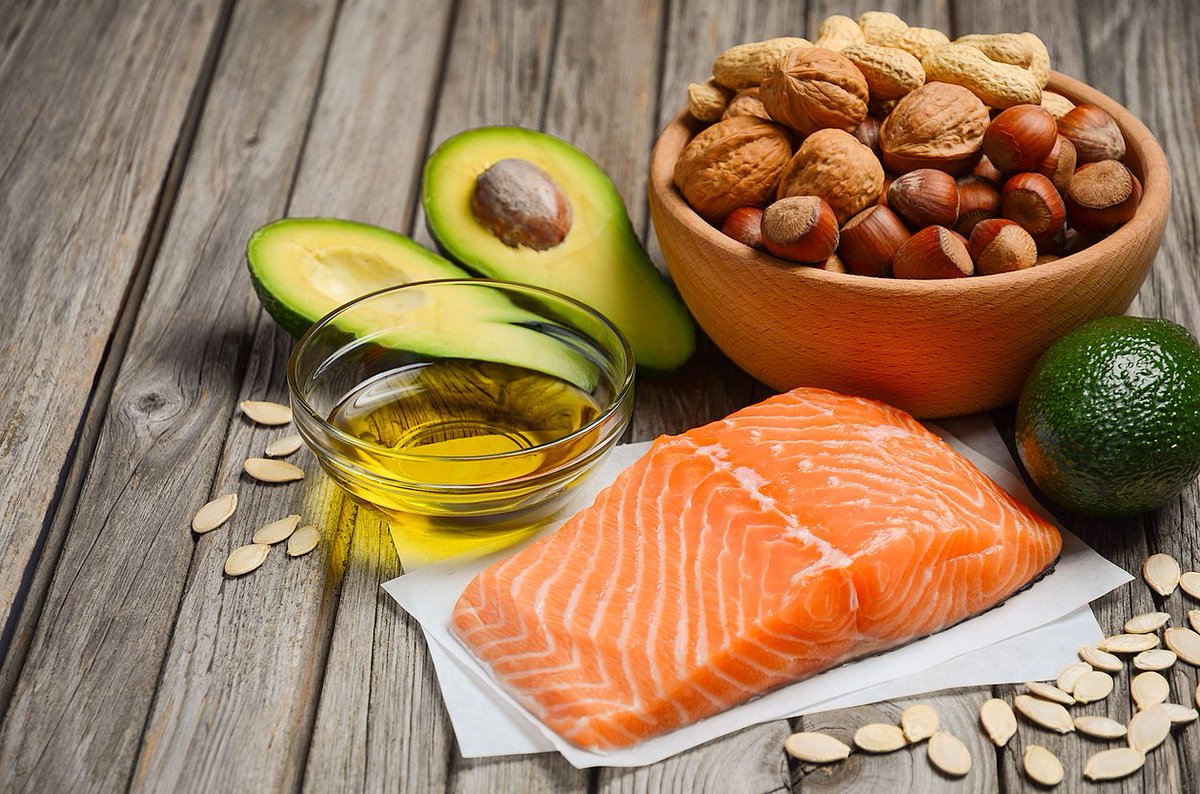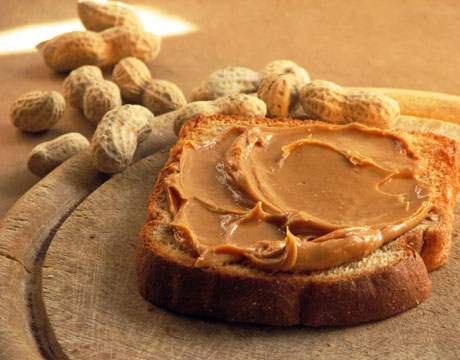UNITED STATES—Over the years, I’ve observed a variety of health fads come and go, accompanied by lists of foods to avoid. Among those forbidden foods were fried chicken, pizza, cheeseburgers, French fries—anything greasy, high in sodium, high in carbs, or high in the dreaded fat, which has been known to contribute to obesity, high cholesterol, diabetes, and cardiovascular disease.
I’ve eaten my fair share of reduced-fat or fat-free alternatives, such as lighter cream cheese, low-fat salad dressing, or fat-free yogurt. But I’ve often found that these are lacking in flavor or texture, and may contain increased levels of sugar and hydrogenated fats that cause other health issues. Low-fat products don’t necessarily indicate health.
Not All Fats are Harmful
It has recently come to the public’s attention that not all fat is detrimental to the body. In fact, certain types of fat contain essential fatty acids, such as omega-3s, and are necessary to absorb fat-soluble vitamins, such as Vitamins A, D, E, and K. These healthy fats also release energy through the body over a prolonged period of time and help improve brain function.
Good vs. Bad
“Good” fats include monounsaturated and polyunsaturated fats. Monounsaturated fats, which can reduce cholesterol levels and the risk of clogged arteries and heart disease, are found in olive oil, olives, nuts such as almonds, cashews, and pecans, and avocados.
Polyunsaturated fats are found in plant-based oils including soybean, corn, and sunflower oils, and in fatty fish such as salmon, trout, and mackerel. Omega-3 essential fatty acids, found in fatty fish, walnuts, and flaxseeds, are known to reduce blood pressure and levels of triglycerides (a type of fat in the blood), fight inflammation, and improve eye health.
Reports indicate that we should aim for about 20 to 35 percent of our daily total calories to be in the form of fat, namely unsaturated fat. This amount depends on the calorie intake for each individual. Since fat provides 9 calories per gram, a person who consumes 2,000 calories per day would need about 44 to 77 grams of fat daily.
Saturated and trans fats are considered unhealthy fats, as they can raise cholesterol levels and increase the risk of developing cardiovascular disease. These fats are found in animal products such as beef and poultry, whole-fat dairy products, and in plant sources such as coconut and palm oils. The American Heart Association recommends limiting saturated fat intake to no more than 7 percent of daily calories.
Coconut oil has been a source of controversy, with a range of differing opinions. High in natural saturated fats, it has been promoted as a beneficial fat with a variety of uses. People have used it to cook, lose weight, and nourish their hair and skin. Studies on coconut oil are conflicting, as some show that its medium-chain triglycerides (MCTs) can boost high-density lipoprotein (HDL), or “good” cholesterol, which scavenges and removes low-density lipoprotein (LDL), “bad” cholesterol, from the bloodstream. Others indicate that MCTs do not reduce the more harmful effects of saturated fats. Studies on coconut oil are ongoing.
The Good News Is…
Maintaining a healthy lifestyle doesn’t mean we have to give up satisfying meals and snacks.
Try a handful of mixed nuts, or natural nut butter on sprouted whole grain toast. Many nut butters are available, made with almonds, macadamias, cashews, or other nuts, that can also be enjoyed with fruit or vegetables.
Avocados are all the rage these days, with colorful pictures of the mashed or sliced fruit seen on various social media outlets. Avocados are full of monounsaturated fatty acids, vitamins C, E, K, and B-6, and phytochemicals for antioxidant protection. Try them mashed on toast with sea salt, baked with eggs, baked into brownies, and in guacamole and salads.
For the sweet tooth, a square of dark chocolate might do the trick. Chocolate with 70 to 85 percent cocoa content contains fiber, a range of nutrients, and antioxidants. Flavonoids in the chocolate have been known to lower blood pressure. Studies have indicated that components of dark chocolate may protect against LDL cholesterol.
No Need to Fear
Fat can be intimidating, given the articles we’ve read and the stories we’ve heard, but a healthy diet requires balance and moderation. Healthier fats should not be avoided but accepted as beneficial to the body, in moderate amounts.









